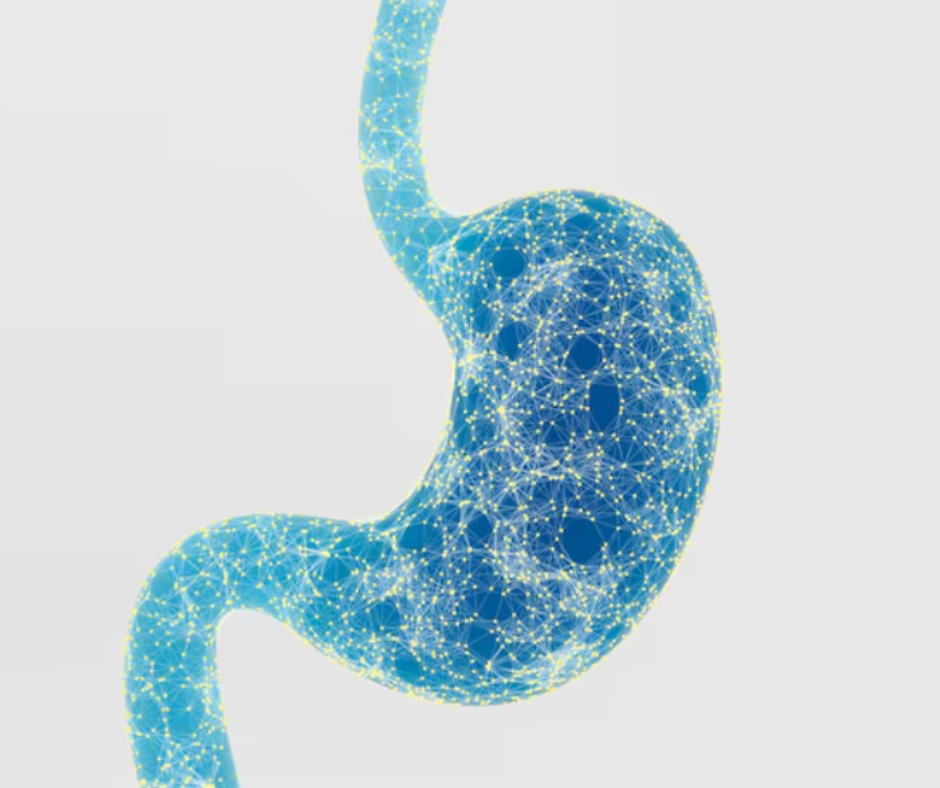What are Some Risk Factors for Digestive Disorders?
- livercarecenter23
- May 17, 2024
- 2 min read
Digestive disorders can be uncomfortable and sometimes debilitating conditions that affect millions of people worldwide. Understanding the risk factors associated with these disorders is crucial for prevention and management. In this article, we will explore some common risk factors for digestive disorders and offer tips on how to reduce your risk.

What are some risk factors for digestive disorders?
Age:As we age, our digestive system undergoes changes that can increase the risk of digestive disorders. Older adults are more prone to conditions such as gastroesophageal reflux disease (GERD), gastritis, and constipation. It is essential for older individuals to pay close attention to their digestive health and seek medical attention if they experience any concerning symptoms.
Diet:A diet high in processed foods, sugar, and unhealthy fats can contribute to digestive disorders such as irritable bowel syndrome (IBS), Crohn's disease, and ulcerative colitis. Consuming a diet rich in fiber, fruits, vegetables, and lean proteins can help promote healthy digestion and reduce the risk of developing digestive issues.
Stress:Chronic stress can wreak havoc on the digestive system, leading to issues such as indigestion, bloating, and stomach ulcers. Finding healthy ways to manage stress, such as exercise, meditation, or therapy, can help reduce the risk of developing digestive disorders.
Smoking and Alcohol:Smoking and excessive alcohol consumption are known risk factors for digestive disorders such as peptic ulcers, acid reflux, and liver disease. Quitting smoking and moderating alcohol intake can significantly lower the risk of developing these conditions and improve overall digestive health.
Medications:Certain medications, such as nonsteroidal anti-inflammatory drugs (NSAIDs), antibiotics, and birth control pills, can disrupt the balance of bacteria in the gut and increase the risk of digestive issues. It is essential to talk to your healthcare provider about the potential side effects of any medications you are taking and explore alternative options if necessary.
Genetics:Some digestive disorders, such as celiac disease and inflammatory bowel disease, have a genetic component. If you have a family history of these conditions, you may be at a higher risk of developing them yourself. It is important to be aware of your family history and discuss any concerns with your healthcare provider.
Lack of Physical Activity:A sedentary lifestyle can slow down digestion and contribute to issues such as constipation and bloating. Regular physical activity can help keep the digestive system running smoothly and reduce the risk of developing digestive disorders.
Food Intolerances:Food intolerances, such as lactose intolerance or gluten sensitivity, can wreak havoc on the digestive system and lead to uncomfortable symptoms like diarrhea, gas, and bloating. Identifying and eliminating trigger foods from your diet can help alleviate symptoms and reduce the risk of digestive issues.
In conclusion, there are several risk factors for digestive disorders, ranging from age and diet to stress and genetics. By taking steps to address these risk factors, such as adopting a healthy diet, managing stress, and staying active, you can reduce your risk of developing digestive issues and promote overall digestive health. If you experience persistent digestive symptoms, it is essential to consult with a healthcare provider for proper diagnosis and treatment.



Comments